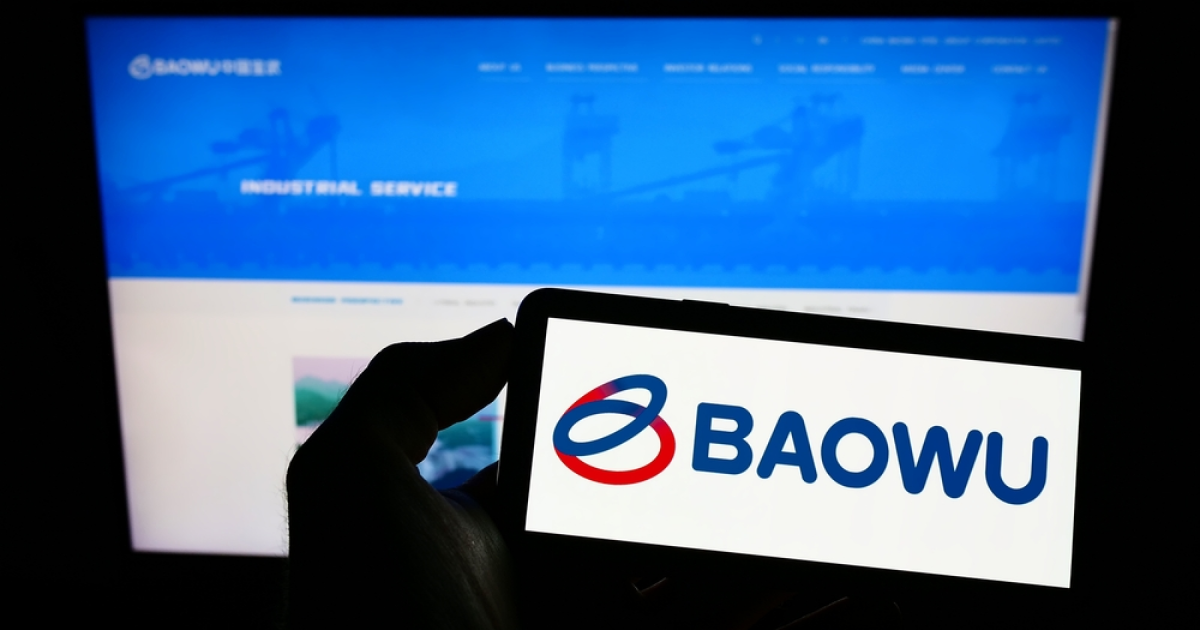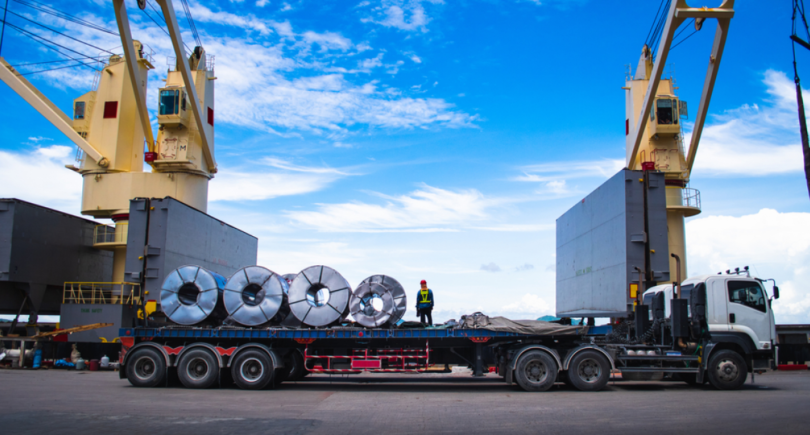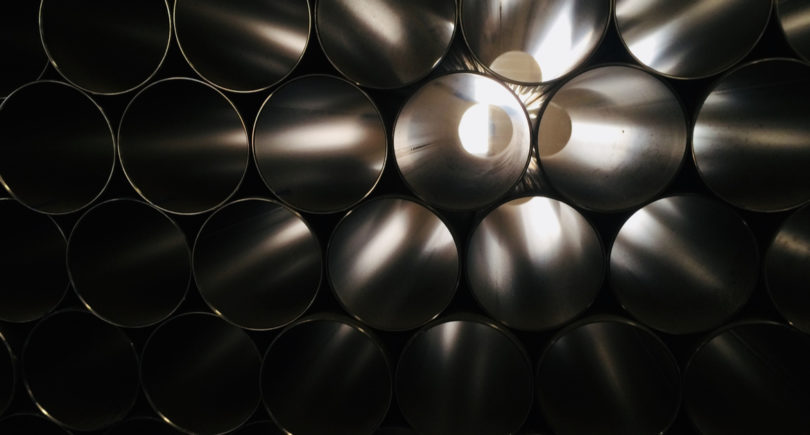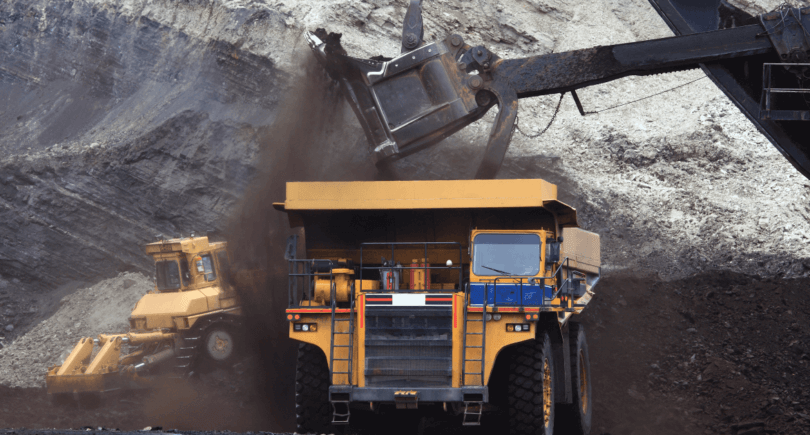
News Global Market Baowu Steel 1272 16 May 2023
Major iron ore producers are interested in the proposal of the Chinese company
Leading Chinese steelmaker Baowu Steel Group is looking to expand its direct reduction iron (DRI) cooperation with Australia by combining the use of iron ore and new energy sources. Reuters informs about it.
The head of the Chinese company, Chen Derong, met with Australian Minister for Trade and Tourism Don Farrell in Beijing late last week. The parties discussed Sino-Australian trade relations, in particular on the supply of iron ore and coal, as well as Baowu’s investment intentions and future cooperation with Australia.
According to Australian Financial Review, Rio Tinto and Fortescue Metals Group expressed interest in partnering with Baowu Steel Group after the Chinese company raised the question of investing in DRI production or even building a facility in Western Australia. BHP has not yet commented on the ambitions of the Chinese company.
Chen Derong noted that Baowu wants to cooperate with major Australian iron ore producers through a joint venture. However, he noted that West Africa and South America are also suitable for these purposes. In addition, according to him, the company is negotiating with Saudi Arabia.
In 2022, Baowu’s steel output was 132 million tons, about 13% of China’s total production.
As GMK Center reported earlier, in February 2023, Baowu Steel Group announced that they were striving to expand ties with mining concern Rio Tinto amid renewed demand for iron ore in China. Chen Derong, CEO of the Chinese company, said Baowu is keen to capitalize on the efforts to restart trade relations between China and Australia. In addition, Baowu wants to become more involved in the exploration and production of raw materials in order to cope with global market turmoil.
Also, last September Rio Tinto and its largest customer Baowu Steel Group join forces to develop the Western Range project. This is a joint venture project for the extraction of iron ore in Western Australia, its cost will be $2 billion.




